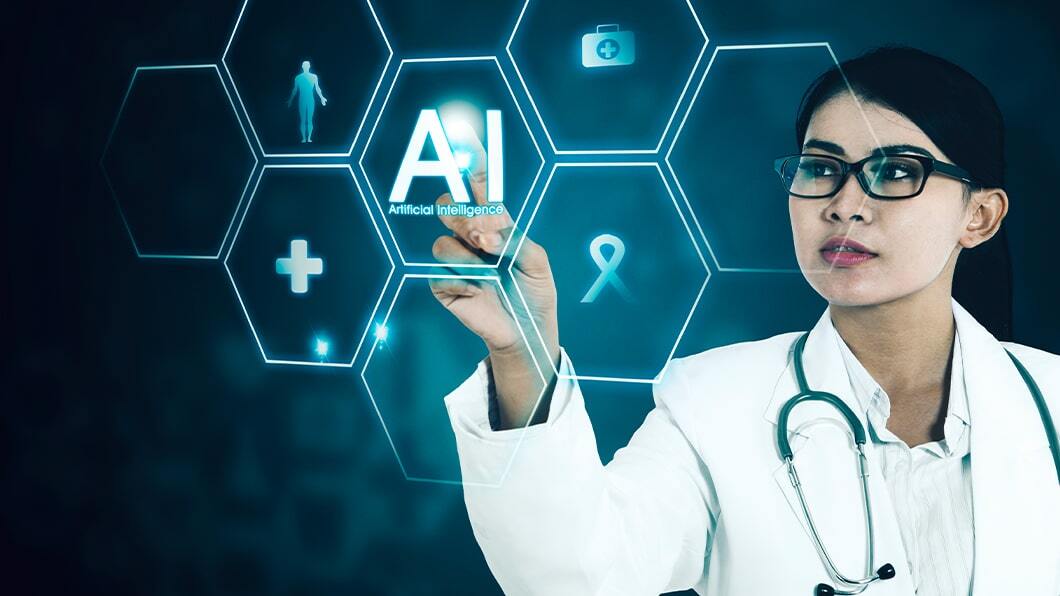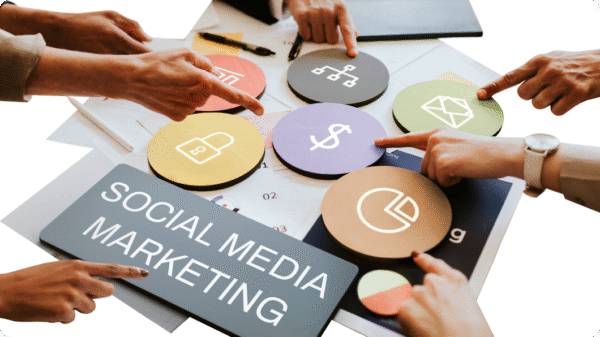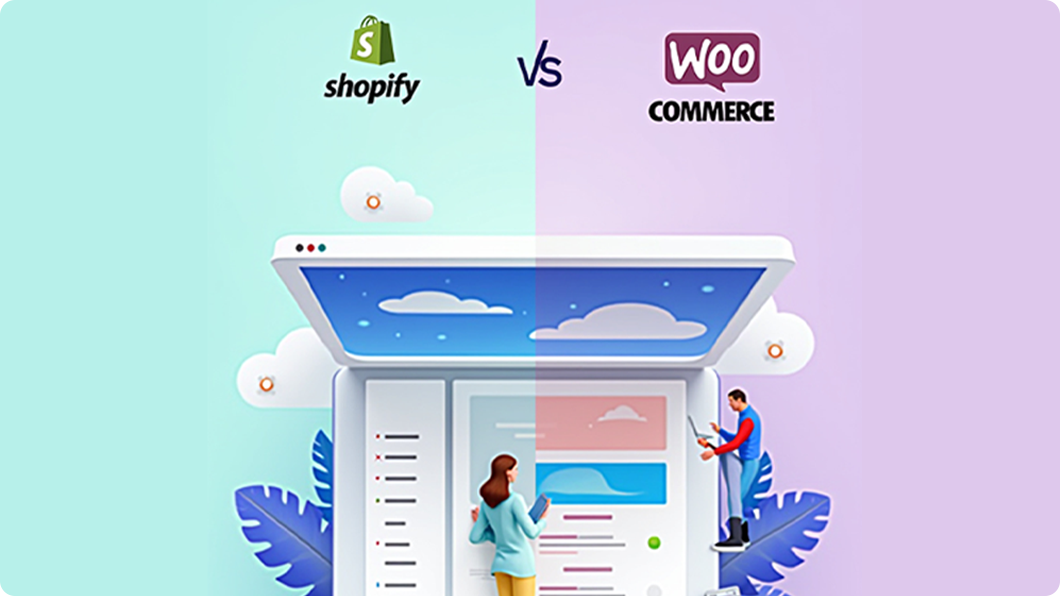
Artificial Intelligence in Healthcare
Introduction
The healthcare industry is experiencing a significant transformation, thanks to the integration of Artificial Intelligence (AI). This cutting-edge technology is poised to reshape how medical professionals provide care, make diagnoses, and manage healthcare operations. In this comprehensive blog post, we will explore the profound impact of AI in healthcare, delve into specific applications, and address frequently asked questions about the role of AI in shaping the future of medicine.
Understanding AI in Healthcare

AI in Healthcare Defined:
AI in healthcare involves the utilization of advanced algorithms and machine learning techniques to analyze complex medical data, facilitate clinical decision-making, and automate routine administrative tasks. It encompasses a wide spectrum of applications, ranging from diagnostic assistance to predictive analytics.
The Promise of AI in Patient Care:
AI holds immense promise in enhancing patient care:
- Accurate Diagnoses: AI algorithms can process vast amounts of patient data, including medical images, pathology reports, and clinical notes, aiding healthcare professionals in making more accurate and timely diagnoses.
- Personalized Treatment Plans: By analyzing an individual’s genetic makeup, medical history, and current health status, AI can generate personalized treatment plans that optimize therapeutic outcomes.
- Predictive Analytics: AI-driven predictive models can anticipate disease progression and patient outcomes, enabling early interventions and improved long-term care.
- Efficient Administration: AI-powered systems can streamline administrative tasks, reducing paperwork and enabling healthcare providers to allocate more time to direct patient care.
- AI and Healthcare Professionals: Collaboration, Not Replacement
Complementary Role of AI:
Contrary to concerns about job displacement, AI is designed to complement healthcare professionals rather than replace them. AI systems serve as invaluable tools, providing critical insights and support for decision-making processes, thus enhancing the overall quality of patient care.
- AI Applications in Healthcare: Real-World Examples
Medical Image Analysis:
One of the most prominent applications of AI in healthcare is medical image analysis. AI algorithms can meticulously examine medical images such as X-rays, MRIs, and CT scans to detect anomalies and assist radiologists in making more precise diagnoses. For instance, AI systems can help identify early signs of cancer, fractures, or neurological conditions with remarkable accuracy.
Natural Language Processing (NLP):
Natural Language Processing (NLP) plays a pivotal role in extracting valuable information from electronic health records (EHRs). This technology enables healthcare providers to access patient data quickly and accurately. NLP can be instrumental in clinical research, population health management, and clinical decision support.
Drug Discovery:
AI accelerates drug discovery by rapidly analyzing vast datasets and predicting potential drug candidates. This expedites the identification of novel pharmaceuticals, potentially reducing the time and cost involved in bringing new drugs to market.
Virtual Health Assistants:
AI-powered virtual assistants and chatbots are becoming increasingly prevalent in healthcare. They can offer patients essential information, schedule appointments, provide medication reminders, and offer basic medical advice. These virtual assistants enhance patient engagement and convenience.
Data Security and Regulatory Compliance:
Ensuring data security and complying with stringent regulations such as the Health Insurance Portability and Accountability Act (HIPAA) are paramount when implementing AI in healthcare. Leading AI solutions incorporate robust security measures and adhere to privacy guidelines to safeguard sensitive patient data.
Conclusion

Artificial Intelligence in healthcare represents far more than a technological buzzword; it heralds a new era in medicine. The convergence of data-driven insights and AI-driven precision is poised to revolutionize healthcare delivery, resulting in more accurate diagnoses, more effective treatments, and improved healthcare for all.
AI is not replacing healthcare professionals; rather, it is empowering them with powerful tools and insights that ultimately benefit patients. As AI continues to evolve and integrate into healthcare systems, we can anticipate remarkable advancements in disease diagnosis, treatment, and patient care.
In conclusion, AI in healthcare signifies a transformative force, offering the potential for more precise diagnoses, enhanced treatment strategies, and improved overall healthcare outcomes. It embodies a harmonious partnership between human expertise and AI-driven innovation, ensuring a brighter and healthier future for everyone.
FAQs (Frequently Asked Questions)
1. What is the current state of AI adoption in healthcare?
AI adoption in healthcare is steadily increasing. Many hospitals and healthcare institutions are integrating AI solutions into their systems, and various AI-driven applications are already in use for tasks like medical imaging analysis and electronic health record management.
2. How does AI improve medical imaging analysis?
AI algorithms can analyze medical images with a high degree of precision, helping radiologists detect abnormalities or diseases in X-rays, MRIs, and CT scans. This can lead to earlier and more accurate diagnoses.
3. Are there any ethical concerns surrounding AI in healthcare?
Yes, there are ethical concerns, such as data privacy, bias in AI algorithms, and the potential for overreliance on technology. It’s crucial for healthcare providers to address these concerns and implement responsible AI practices.
4. Can AI be used in drug discovery and development?
Absolutely. AI can analyze vast datasets to identify potential drug candidates, predict their efficacy, and even help design new molecules. This has the potential to significantly accelerate the drug development process.
5. How can AI help with administrative tasks in healthcare?
AI-powered systems can automate administrative tasks like appointment scheduling, billing, and insurance claims processing. This not only reduces administrative overhead but also frees up staff to focus on patient care.
6. What role does natural language processing (NLP) play in healthcare?
NLP is vital for extracting information from electronic health records, making it easier for healthcare professionals to access and analyze patient data. It can improve clinical decision support and research capabilities.
7. Can AI assist in predicting disease outbreaks or public health trends?
Yes, AI can analyze large volumes of data, including social media posts, to detect early signs of disease outbreaks or changes in public health trends. This can be valuable for proactive public health interventions.
8. How can healthcare organizations ensure the security of patient data when using AI?
To ensure data security, healthcare organizations must implement robust encryption, access controls, and compliance with healthcare data protection regulations like HIPAA. They should also conduct regular security audits.
9. Is AI accessible to smaller healthcare facilities and clinics, or is it mainly for large hospitals?
AI solutions are becoming more accessible to smaller healthcare facilities and clinics. Many AI startups and vendors offer scalable solutions that can be tailored to the needs and budgets of smaller organizations.
10. What are some challenges in integrating AI into healthcare systems?
Challenges include data integration, interoperability with existing systems, staff training, and resistance to change. Healthcare organizations need comprehensive strategies to address these challenges effectively.
11. How can patients benefit directly from AI in healthcare?
Patients can benefit from AI through faster and more accurate diagnoses, personalized treatment plans, improved access to healthcare services (e.g., telemedicine), and virtual health assistants that provide information and support.
12. What does the future hold for AI in healthcare?
The future of AI in healthcare is promising. We can expect continued advancements in medical AI applications, increased integration with wearable devices and telehealth, and improved patient outcomes through data-driven precision medicine.





